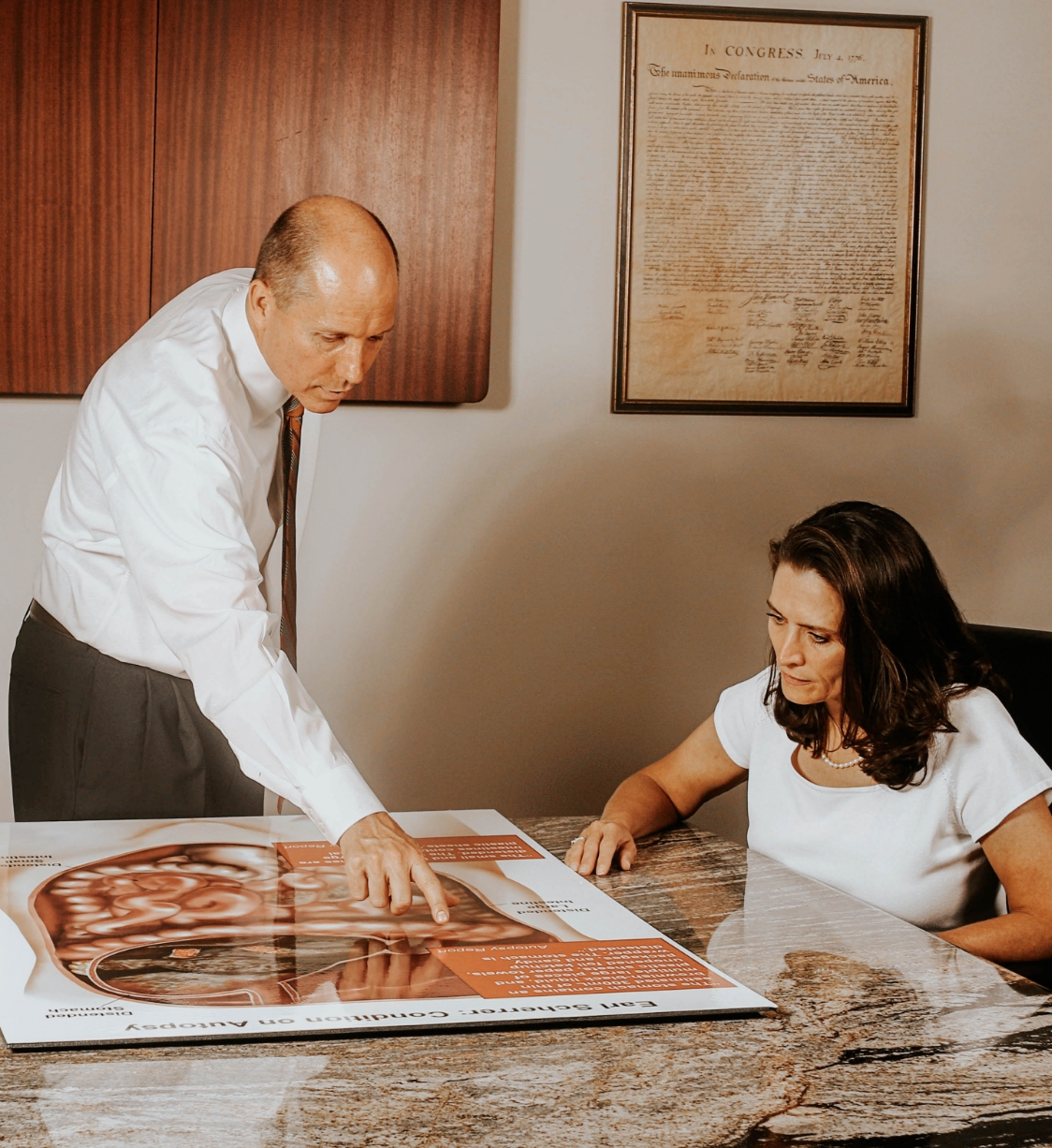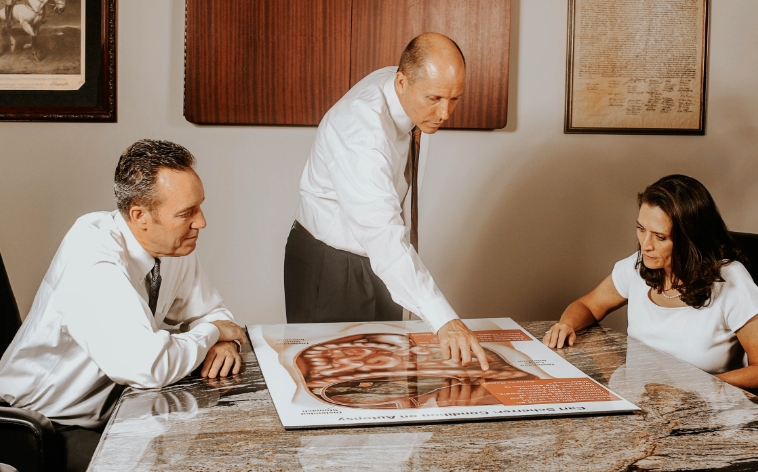
Are you among the many American families who have made the difficult decision to put a loved one in a nursing home?
Our population is aging, and as members of the Baby Boom generation move into their later years, we are seeing an explosion in the number of elderly needing assisted living or nursing home care. That number is expected to continue growing. It is projected that by 2050, people age 65 and older will make up one fifth of the U.S. population. The nation’s fastest growing demographic is people age 85 and older!
Because Arizona is a favorite retirement destination, our state has a higher proportion of elderly residents than many other states. Unfortunately, a correlate to this explosion in our elderly population is that we are seeing an increasing number of cases of abuse and neglect in eldercare facilities. When you select an assisted living facility or nursing home, you expect—as is your right—that your family member will receive the best of care, but all too often, this does not happen. Arizona nursing home abuse, assisted living abuse, and group home abuse should not be tolerated. At Knapp & Roberts, we can help.
Statistics Reveal Failure of Eldercare Facilities to Provide Adequate Care
If an older member of your family has been a victim of abuse or neglect in a nursing home or assisted living home, you are not alone. These statistics are indicative of the scope of the problem:
- The National Center on Elder Abuse (NCEA) reports that that 91 percent of nursing homes do not employ adequate staff to deliver proper care to patients.
- More than a third of all nursing homes employ staff members who have violated laws against elder abuse.
More than half of nursing home care-giving staff participating in a recent survey admitted to having mistreated patients during the prior year in the form of neglect, violence, or emotional abuse. - Adults 80 and above are two to three times more likely to be abused, according to the Elder Maltreatment Alliance (EMA).
- Elder abuse is severely underreported; only one of every twenty-four abuse cases is ever reported, according to some estimates.


